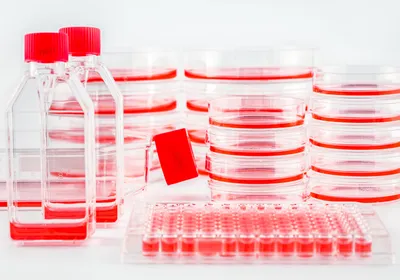ABOVE: FLICKR, US FOOD AND DRUG ADMINISTRATION
The directors of the National Institutes of Health and the US Food and Drug Administration propose limiting the role of the NIH in assessing proposals for gene therapy experiments, the two explain in a commentary in the New England Journal of Medicine published yesterday (August 15). The NIH’s Francis Collins and FDA’s Scott Gottleib say that the “oversight burden” for gene therapy trials is duplicated by having both agencies involved, and FDA can handle the task on its own.
“We have mechanisms in place to protect patients,” Jeffrey Kahn, director of the Bioethics Institute at Johns Hopkins University, tells the Associated Press. “It doesn’t need to be treated as a special case of clinical research any longer.”
The specific plan, which will be posted to the Federal Register for public comment tomorrow, is to redirect a special NIH panel called the Recombinant DNA ...





















